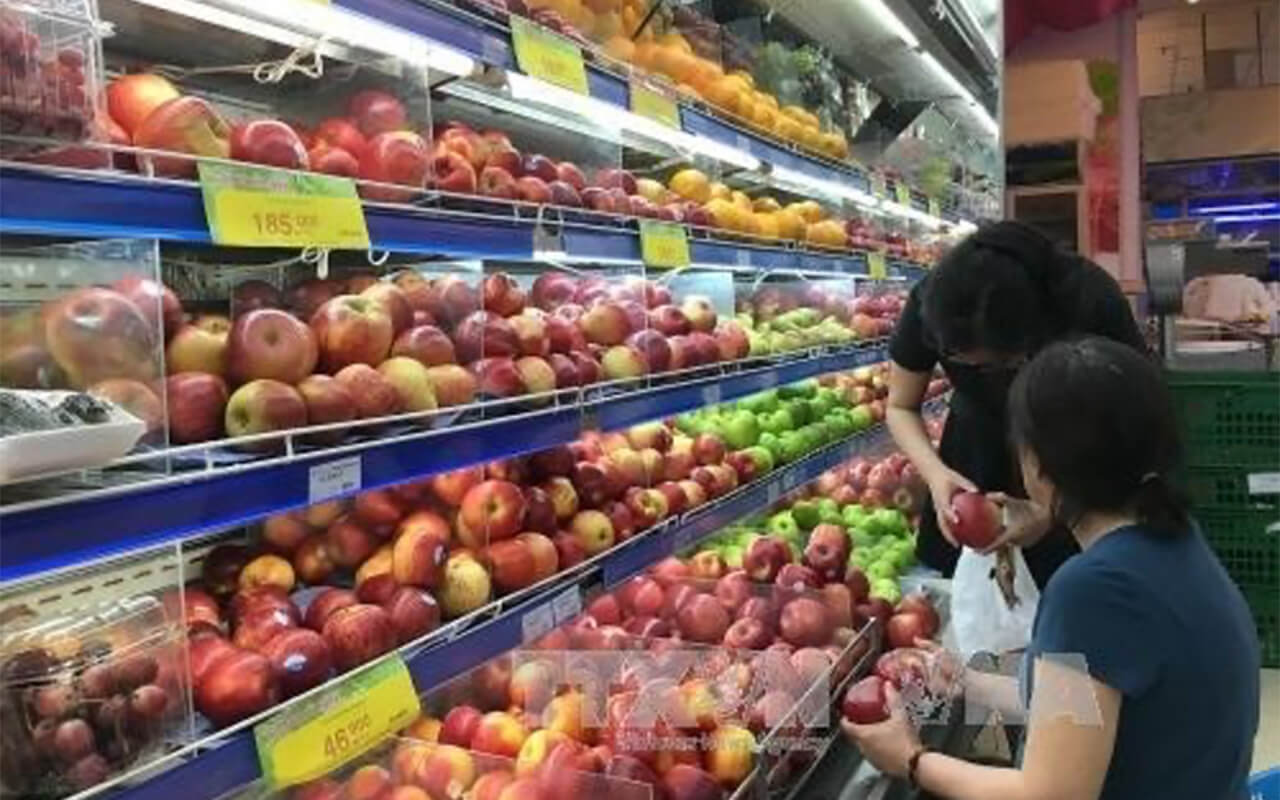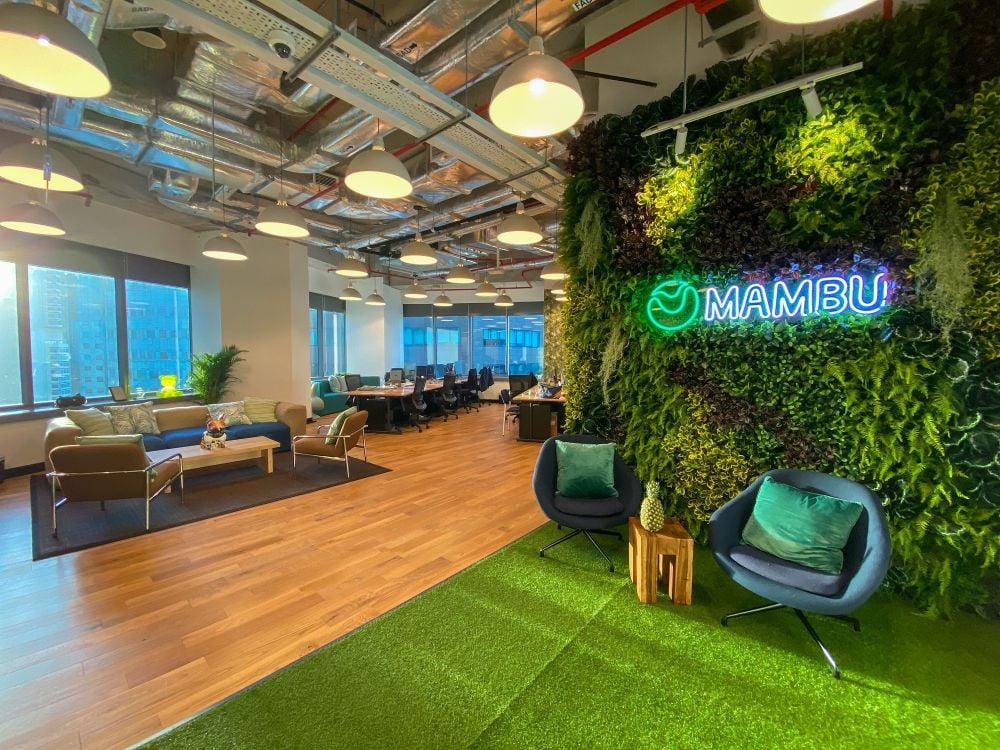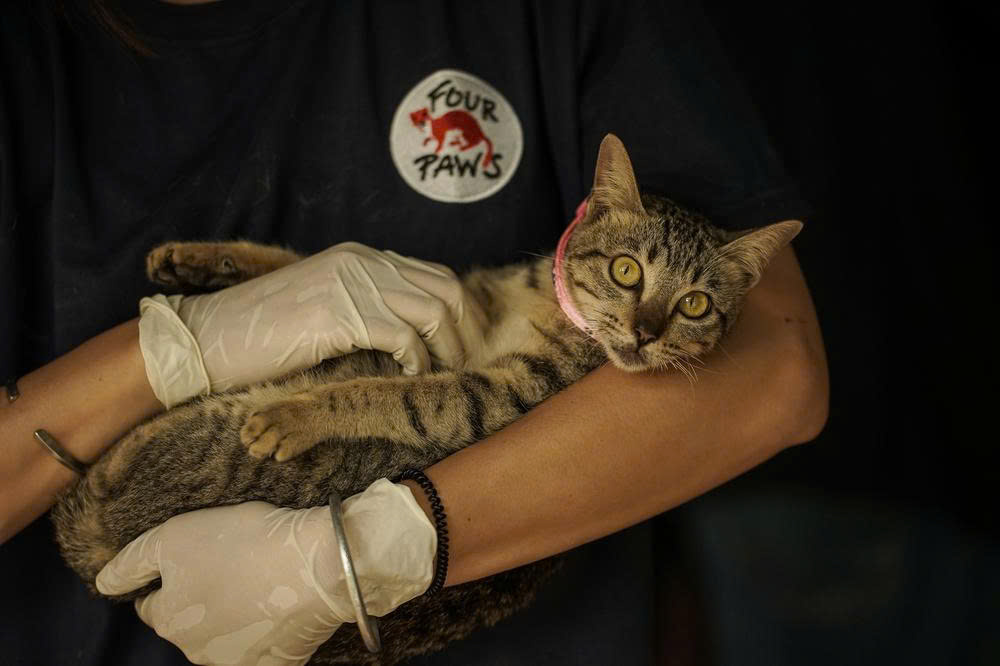Vietnamese consumers are some of the most optimistic, among Asian countries surveyed, that their country will weather the challenges of the COVID-19, according to a McKinsey’s mid-April consumer survey.
The survey questioned 618 consumers in Vietnam on their consumption behaviour shifts during the COVID-19 crisis.
The findings show that only 4 percent of Vietnamese consumers surveyed believe the pandemic will have a long-lasting impact on the economy and create a lengthy recession. This is compared to 6 percent in Indonesia, 16 percent in the US, and 24 percent in the Republic of Korea.
This optimism, coupled with the country’s head start on recovery, is expected to play a crucial role in shaping the country’s new reality.
Out of the more than 600 respondents from Vietnam, 47 percent expressed a belief that the economy will rebound within two to three months and will then grow at a similar or even faster rate than before the pandemic.
It found that about 70 percent of respondents expect to be more careful with their spending, and about half of respondents say they feel less job or financial security because of COVID-19. This is linked to decreased spending expectations across all categories, except for “essentials” such as groceries, food delivery and telecommunications services.
People also have a growing preference for healthy and locally sourced offerings. More than four in five Vietnamese respondents (81 percent) shared that they are more focused on health. This is reflected by an increase in consumption of products that are perceived to be healthy such as eggs, fresh foods and healthcare products.
Vietnamese are fairly loyal to stores, but significantly less loyal to brands in a pandemic as 39 percent of respondents have tried or switched to an alternative store.
The top three reasons for switching including location closer to home (46 percent of switchers), availability of online or app-based channels (42 percent) and stock of essentials (37 percent).
However, 75 percent of Vietnamese respondents have switched brands during the COVID-19, and these changes are expected to last beyond the pandemic.



